The Growing Problem of Cheating (view PDF)
Test security—or more accurately, the lack of it—is one of my favorite topics. For almost two decades I’ve watched cheating, in all of its forms, grow like a cancer in high-stakes testing programs. Wherever high stakes tests are given that cancer has cost hundreds of millions of dollars in direct damage each year and has reduced the value of and confidence in the decisions that rely on the test results. The new technologies of computerized testing and the Internet, while improving the quality and convenience of testing, have also stimulated the amount and varieties of cheating.
People cheat by buying questions, using cheat-sheets, paying someone to take a test for them, memorizing and selling questions to others, and in dozens of other ways. In the United States, we seem to be becoming more and more a nation of cheaters, unable or unwilling to tell the difference between what is right and what is wrong. And there seem to be more than enough justifications to choose from:
- Cheating is not that bad.
- I really need the job (or get into school, or get a good grade)
- I have to beat the others.
- I don’t have time to study or get experience.
- I’ll be at a disadvantage because everyone else is cheating.
- Cheating is easier than anything else.
- The tests are unfair.
- The tests are too hard.
- The tests are too easy.
- The tests are meaningless.
With that much support for cheating, I’m surprised any test is taken legitimately. There are likely fewer good reasons not to cheat. And should we all feel sorry for those who study, work hard and prepare honestly to pass a test? What is all that effort for? To see the value of their goal, whether it is a credential or a score for admissions to college or a course grade, diminish or disappear altogether.
This is the first issue of a newsletter introducing a new business called Caveon. Caveon’s simple mission is to provide testing programs with some new weapons in their fight against cheating and exam fraud. It uses technology and quality service to detect cheating, attack the problems forcefully, and prevent its occurrence in the future. Caveon helps organizations protect their existing tests and questions, erecting barriers to unauthorized access and sharing of copyrighted materials, using sophisticated statistical analysis and web patrolling tools to determine the who, what, when, where and how of cheating, and providing the support to track test abusers and hold them accountable.
It’s not yet a total solution to these problems, but Caveon is a beginning effort to turn the tide, to begin to reclaim some of what we all have lost, both real and perceived.
